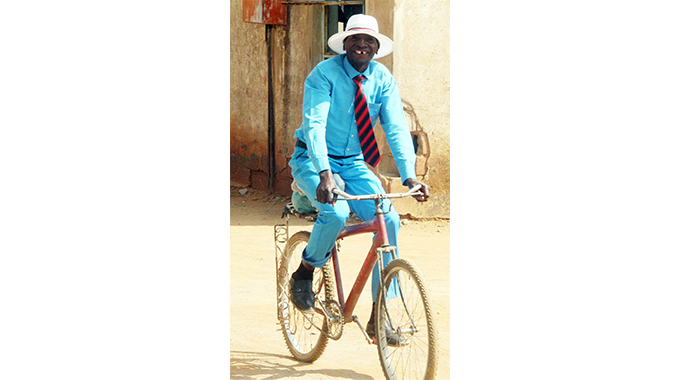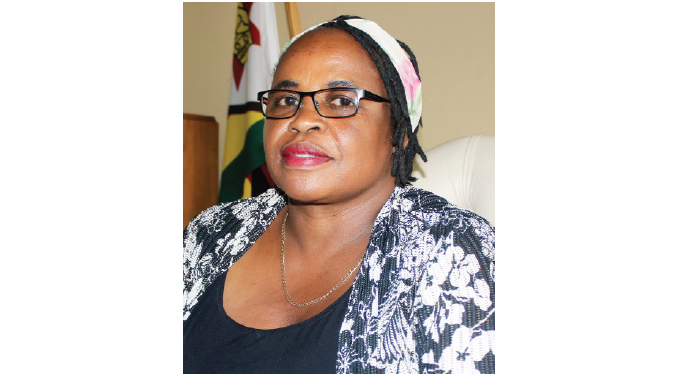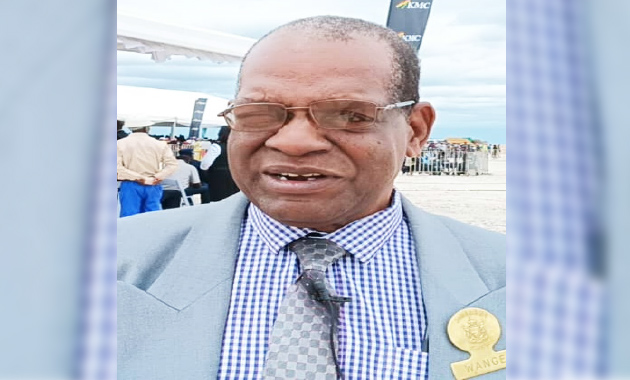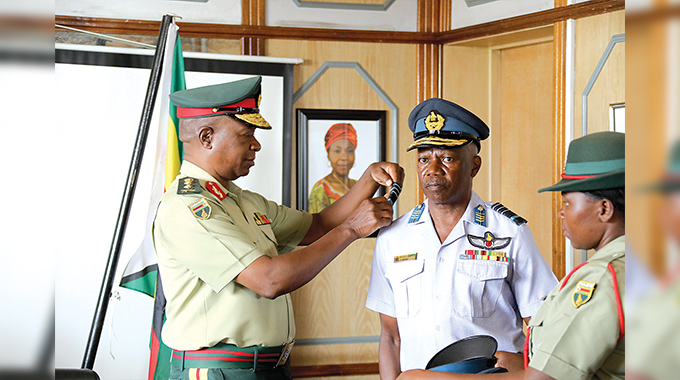Matabeleland South gets lion’s share in latest teacher recruitment

Thandeka Moyo-Ndlovu, Senior Reporter
GOVERNMENT has recruited nearly 4 000 teachers with Matabeleland South getting the highest number of those who will teach lower grades and can communicate in the local indigenous languages.
According to the education policy, children at primary school level, especially pupils from ECD up to Grade Three are to be taught by teachers who speak the local language.
Unlike during the colonial era when only three languages — IsiNdebele, ChiShona and English were prioritised — Zimbabwe has fostered the use of 16 languages including sign language.
Previously dubbed minority languages, some of the languages have even made it to public Grade Seven examinations and can be studied up to degree level at tertiary institutions.
The Ministry of Primary and Secondary Education requires at least 40 000 more teachers to address the critical manpower deficit in the education sector with science subjects and ECD classes being the worst affected in terms of staff complement.
The number of teachers that are required has been revised upwards as a result of the need for social distancing in schools, hence lower numbers in class and more teachers to take care of all pupils following the outbreak of Covid-19. There are over 4, 6 million learners in Zimbabwe and nearly 140 000 teachers.
Of the recruited 3 816 teachers, 835 of them replaced teachers who did not report for work during the previous recruitment exercise last year.
Last year, Government recruited 5 300 teachers.
In the latest recruitment exercise, Matabeleland South province got 567 teachers, Mashonaland Central 529, Mashonaland West 517 while Matabeleland North got 459 teachers.
Masvingo province got 384 teachers, Midlands 431, Mashonaland East 489 and Manicaland got 440.
The Education Ministry’s spokesperson Mr Taungana Ndoro said the recruitment excluded Bulawayo and Harare as there was less need for teachers compared to other eight provinces.

Mr Elton Pilime
“The number of teachers that were needed for this recruitment for now was 3 000 and we managed to recruit 2 935.
The remaining 65 are yet to be recruited as they are in technical areas,” said Mr Ndoro.
“We managed to recruit 835 more teachers to replace those who did not show up or report for duty in the last recruitment. We are on track and confident teaching and learning will continue.”
Mr Ndoro urged those who had applied to check for their names in the local newspapers and report to their districts for finer details.
“Placement is always where there is greatest need, hence this recruitment did not cater for Bulawayo and Harare.
The Government always recruits with local languages in mind and we know that our learners will benefit from the locals that we have recruited into the service.”
At least 12 000 teachers have been recruited in the two years as part of efforts by Government to address manpower shortage in the sector.
One of the recruited teachers, Mr Elton Pilime from Bulilima District who has been deployed to Matobo said: “We are happy to be employed, especially us who completed last year. We were employed early; we were not expecting to be employed so early,” said Mr Pilime.
Mr Bakani Dube also from Bulilima who was deployed to Lupane said the news of his recruitment came as a pleasant surprise as he always wished to be a teacher.
“I completed my teaching studies at the United College of Education last year and I was praying that I get a job which has come true when I least expected it. I cannot wait to start working with learners and I know that this recruitment exercise will improve service delivery within the sector,” he said.
Education Deputy Minister Edgar Moyo recently said while his Ministry fully supports the need for teachers to be remunerated sufficiently to ensure delivery of quality education to the nation, equally there is also a need for them to also look at Government’s capacity to meet their demands.
“In the primary sector we have a new module, which is ECD module, which used to be housed outside the school system. However, with the implementation of the Nziramasanga Commission on education and training, which was commissioned in 1999, the ECD module is now part of the school system,” he said.-@thamamoe












Comments